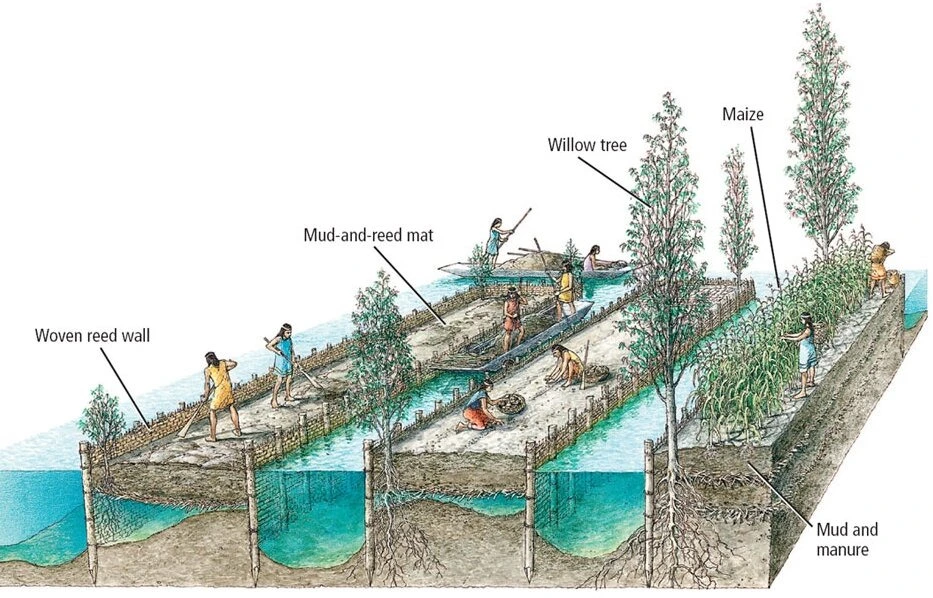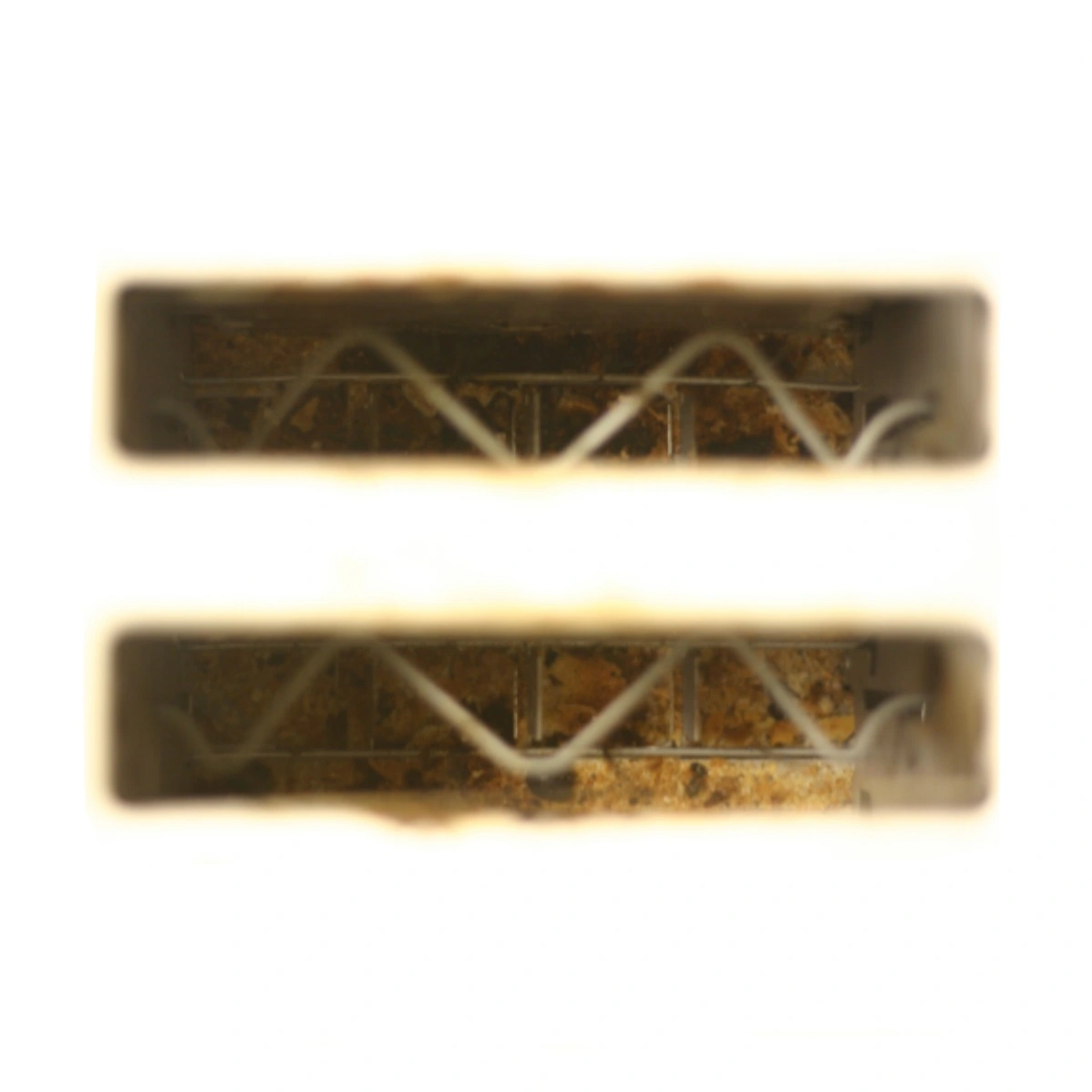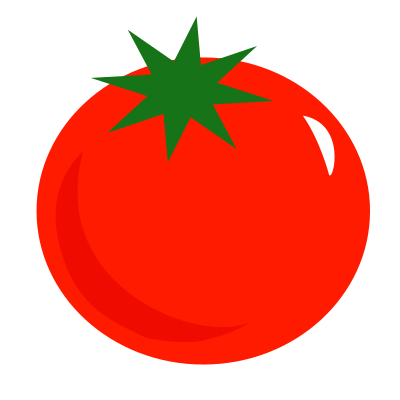This might be what I need at camp to pull the excess nutrients out of the swamp, and provide for a garden the critters won’t tear up.
Living in an agricultural community where several of the ranches and farms have artificial ponds, I almost wonder how well this would work there. Extra plants and harvest but also the shade created by the plants in theory may help combat some of the evaporation.
Complex topic, but in most circumstances the plants on the water will increase evaporation.
What helps is taller plants on the side of a pond that form a windbreak, as evaporation is stongly influenced by that.
Hmm, alright then. I did not actually know that, thank you!
Would be probably difficult to access food plants on these, no?
If the water is too deep to just wade out, there are these new inventions called boats that could be used!
I have an even more ancient invention. Rope.
I see your invention and raise you one even older! A stick.
But how would you attach the rope without being able to get to the floating plants, some kind of hook?
Madness!
We’ve been doing research on new methods/tools for placing items at a distance. One is more accurate, but doesn’t give as much distance. It’s called stick. The other can give greater distance, but accuracy can be a problem. It’s called throwing.
You could just leave a line attached to the raft and a pole on shore.
deleted by creator
Says the person that has likely never sat in a kanoe and tried to reach something heavy outside of it.
First, I have pulled someone who fell out of a canoe back in more than once. Also a loaded cooler once after someone tipped over.
Second, there are more boats than just canoes if you need the stability and the space to put harvest. A basic rowboat for example.
If you haven’t learned how to counterbalance in a boat it could be an issue.
Not really, assuming the water isn’t that deep you could wade out and harvest that way. Plenty of food plants are grown and harvested in water like this.
From the looks of it there is a considerable outer layer of lighter plants that are likely required to have a good plant-mass to flotation device ratio, but this layer makes it hard to access the inner plants that could be used as food crops.
First, this isn’t designed for food crops.
If a similar approach was used for crops, they could be pulled to shore or accessed with boats. In either case, they could be formed as long narrow strips instead of circles or squares to easily access the crop portion.
Looking closer and I see that too. This one may not be the right setup but it’s definitely doable if it’s done right.
You can attach a rope that’s tethered to shore and pull on it when you’d like to harvest.
Some areas are trying to be self-funding by growing flowers, so it cleans up the water and also earns money.
These are all designed to be harvested to stop the nutrients re-entering the water.
Yes, but to “harvest” such plants they just need to pull them out of the water and compost them somewhere. Not quite the same as harvesting some actual food product.
Forever chemicals?
That reminds me of Chinmapa from Mexico! A chinampa is a floating garden built on a freshwater lake, made by making a raft of woven reeds, with stakes to keep it in place. Soil was placed down until it was above the waters surface.
This system eliminates the need for watering, and was successful in growing maize, fruit, tomatoes, amaranth, beans, chile, and flowers.
If anyone wants to learn more, there is a good video here: https://youtu.be/HJiTRh4EeTs

Neo-chinampas






